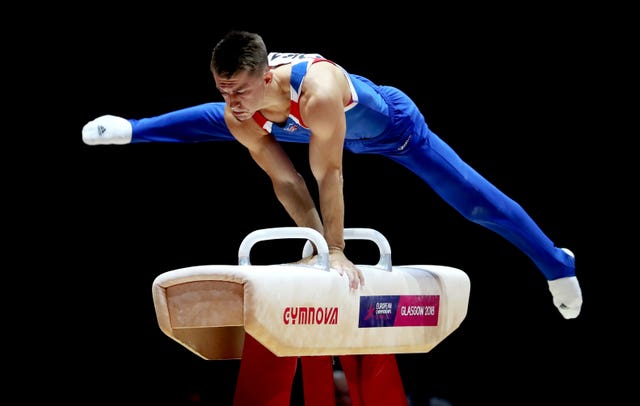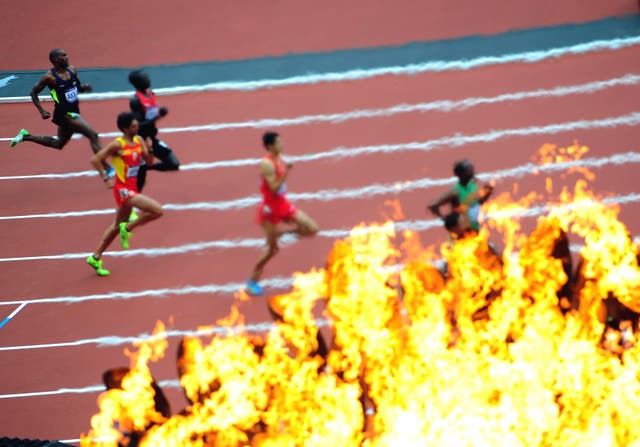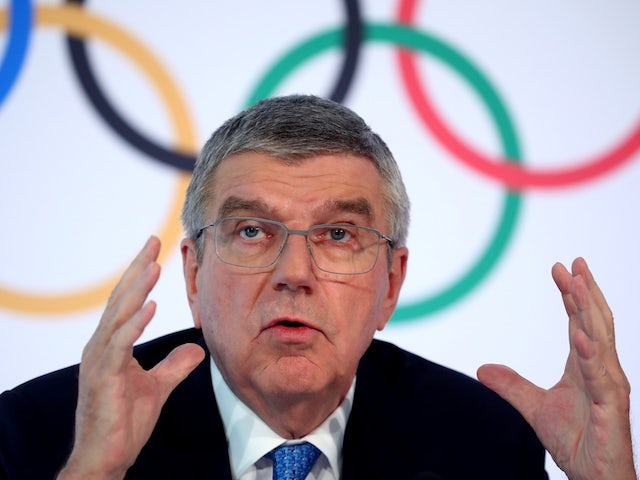The Tokyo Olympics and Paralympics have been re-arranged to take place in July and August next year.
Here, the PA news agency takes a look at what the decision will mean for the city, the athletes, and the enormous financial and logistical implications on the sporting calendar.
Why next summer?
IOC, IPC, Tokyo 2020 Organising Committee and Tokyo Metropolitan Government announce new dates for the Olympic and Paralympic Games Tokyo 2020 https://t.co/QITtT5dcl8 pic.twitter.com/DHi4u74ZXa
— Olympics (@Olympics) March 30, 2020
Once they clarified that the Games would take place in 2021, organisers effectively had three options – a risky re-staging in the Japanese spring, by which the coronavirus crisis is far from guaranteed to be over; what is ostensibly a straight shift-back of a year; or a longer delay until the cooler Japanese autumn. While spring might have appealed it was hardly practical, while a September or winter Games would have had bigger broadcasting implications. A 12-month roll-back always seemed to be the sensible option.
What impact will it have on athletes?

Athletes will welcome the clarity the early announcement will bring. Moreover, it allows them the opportunity to effectively repeat the final year of an Olympic or Paralympic cycle, keeping inevitable disruptions to a minimum. Some British athletes like Max Whitlock have admitted the 12-month delay hardly plays into their hands. For others, like emerging boxer Caroline Dubois, it could make the difference between an early exit and a podium finish.
What about the impact on other events scheduled for 2021?

The World Athletics Championships, originally scheduled for 2021, have already been pushed back to 2022 in order to accommodate the Olympics, and FINA, world swimming's governing body, is expected to follow suit. This in itself raises issues for the 2022 Commonwealth Games in Birmingham, which could now be adversely affected by the rescheduling. The Commonwealth Games Federation said last week it was actively engaging the respective governing bodies to try to ensure the events do not clash.
What are the financial and logistical consequences of the delay?

Estimates in Japan have put the cost of the delay at over £2 billion, covering venue rentals, hotel re-booking and additional payments to security and other staff. There are also huge logistical headaches around athlete accommodation, much of which is contracted to be sold off to private owners before the end of this year. There are also psychological implications to consider – how ready will the world be to embrace the Games once the coronavirus pandemic finally dwindles?








